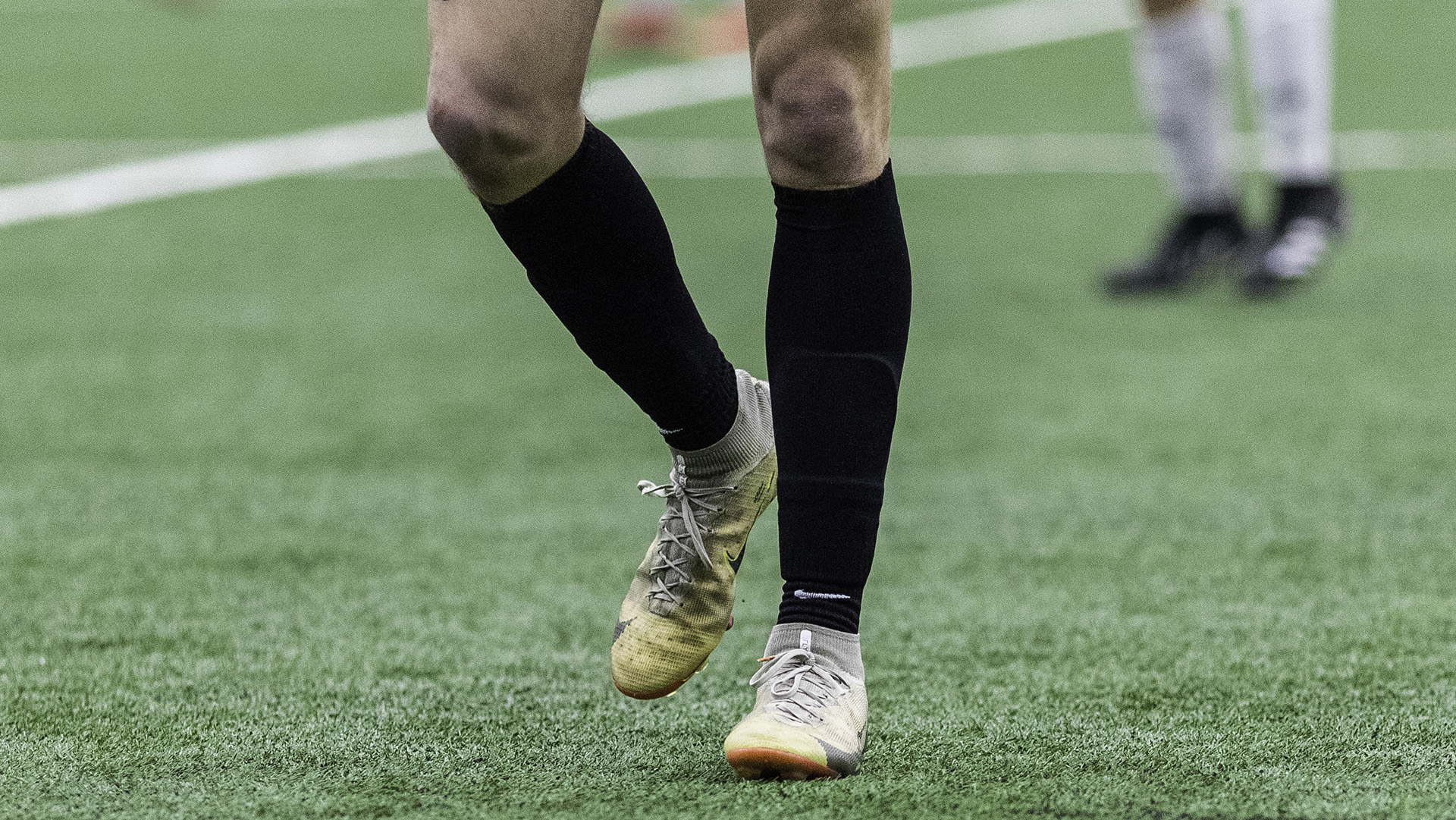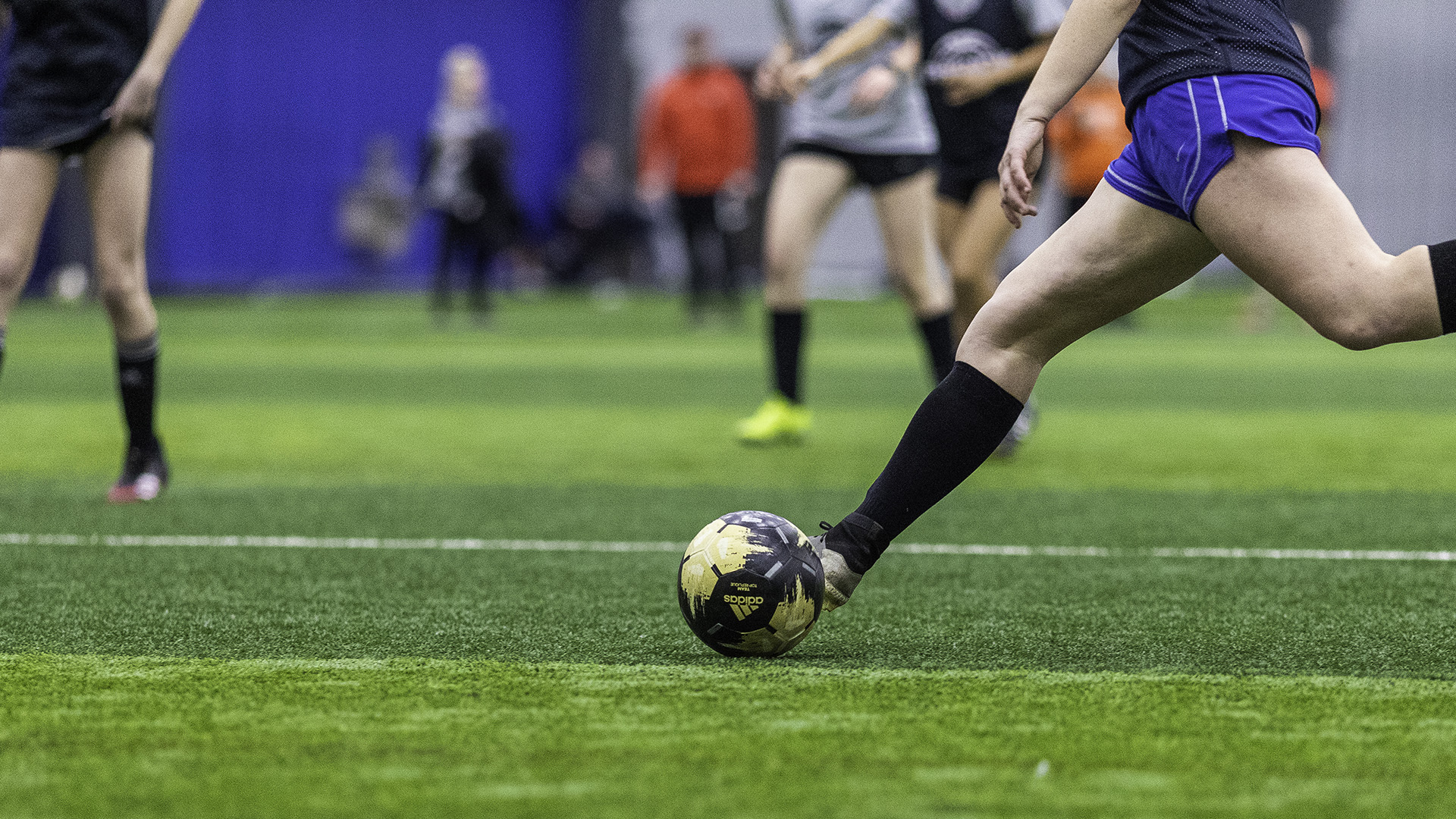The transition from club/high school soccer to college soccer is something coaches look at in the recruiting process. College soccer coaches are challenged with determining not only who has talent, but which talent will transition best and fastest to the college game/their team and help them win. This is a difficult task and college coaches often get it wrong.
Let’s look at the NFL Draft for example… The pro sports league with the most money out of any sports league in the world and even they can’t get it right all the time. They have an extensive network of scouts, testing, analysis and we see situations all the time where they get this wrong. Tom Brady was the 199th pick in the NFL Draft and is arguably the greatest quarterback of all time. If a league like the NFL can get it wrong, with all they put into projecting greatness, college soccer coaches, with the limited resources they have, are bound to miss sometimes.

In working with prospects in the college recruiting process, I watch a lot of high school and club games, videos as well as hosting ID camps. Here are some things that high school aged prospects need to understand about the transition to college soccer that if they start working on during the recruiting process. They will not only be in a better situation when they get to college but they “increase their stock” as a college soccer recruit.
Differences between High School/Club and College
Jogging around the pitch
In high school and club you can get away with taking breaks and not working at 100% capacity, especially against lesser opponents.
In college, movement off the ball and both offensive and defensive transition happen so fast that anything but full speed is not good enough. You need to be conditioned for this both mentally and physically.
The ball is in the air a lot more
In the college game, winning takes priority over development. Even at the lower levels of college soccer, coaches get paid to win. You will run across some teams that play a far more direct style. You need to be ready to be brave and win the air duals.
Be brave
High school and club players have often been coached to play “safe” and keep the ball at all costs. College coaches like this, but they also want to see some bravery. They want players that will take a shot, take a defender on, go forward if there is a pass forward to make rather than” pass the buck” and go backwards.
Inconsistent practice habits
In high school and club, if you are a good player, you can pick and choose the days they want to go hard, the drills they want to go embrace and the workouts they attend. In the college game, there are no options. You have to go hard every day, in every drill and attend every workout.
Bad body language
In high school and club, a good player may be able to pout or mentally check out and still be better and more productive than some of their teammates. In college, regardless of the level, the stakes are too high. No program is going to have time for an “energy vampire” (someone who sucks the positive energy out of a team.
Not lifting weights
In high school and club there are players that excel off skill and athleticism alone. In college, players could be 4+ years older. Strength impacts every aspect of the game. If you can’t give and take bumps you are in trouble.
Coaches get paid to win and get fired for not winning
Coaches in college, regardless of level, get fired if they don’t win. They also can get raises or bonuses when they win championships. College coaches are going to demand more out of you than ever before. Practice will be more structured and way more demanding. Expect the level of commitment to go way up both on and off the field.
How do you act when you are subbed off or on the bench
Are you cheering on your teammates, is your body language or facial expression is poor. Here is a great video from legendary NCAA I, University of Florida coach about how being a good teammate and how important that is to college coaches.
To increase your chances of being recruited, start working on these aspects of your game now. This will help coaches want you to be part of their program as they want players who are more ready to make an impact. College soccer recruiting is challenging already, so you need to put your best foot forward.

INFORMATION YOU CAN USE
Saving money on college is important to almost every family. Here is a great article from my friends at TuitionFit discussing “The College that Just Sent an Acceptance Letter WANTS You to Ask for a better price”.
One of the things I help with in the college recruiting process is not only finding colleges that could be good “financial fits” for those I work with, but also leveraging offers and asking for more. Almost every family I work with saves significantly in the end using strategies like these.
Last month, I discussed an analysis of the chances of playing NCAA I soccer written by current college coach, Scott Martin. If you liked that article, this month, Scott takes a deep dive into NCAA II and the data about playing opportunities at that level.
There are a lot of myths out there about college soccer recruiting. If you are challenged in the college soccer recruiting process in any way, I would be happy to evaluate your recruiting to find out more about you and what you are looking for and to tell you more about the process, no strings attached. If interested, you can sign up for a consultation request below.
I help soccer recruits get more exposure, save $$$ on college costs and reduce the stress of the process and one of the biggest advantages to working with me is I coached for 25 years and I know college soccer coaches. I use my connections to get those I work with on college coaches’ radars and move them up the list.
For more information or to schedule a time to talk to me, hassle free, click the button below.

